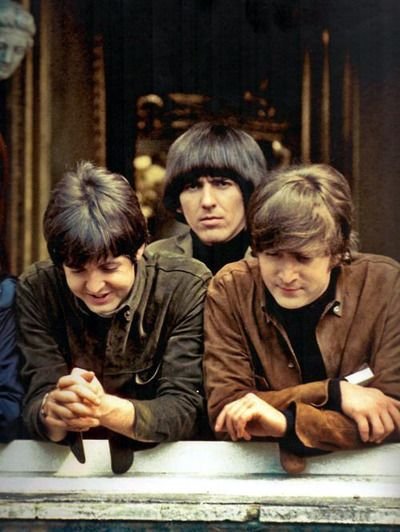George Harrison’s Creative Frustration: The Quiet Beatle Who Refused to Be Silenced
For much of The Beatles’ historic rise, George Harrison was known as “the quiet Beatle” — thoughtful, soft-spoken, and often overshadowed by the prolific Lennon-McCartney songwriting partnership. But behind the calm exterior was a fiercely creative musician brimming with ideas, melodies, and a deep yearning for artistic expression. His statement — “Don’t forget, John and Paul had been more satisfied from their ego point of view, having written all those tunes with the Beatles. Especially after 1966, I was starting to write loads of tunes, and one or two songs per album wasn’t sufficient for me” — captures a pivotal tension in the band’s later years: Harrison’s growing frustration with being sidelined.
By the mid-1960s, Harrison had begun to blossom as a songwriter. His compositions like “Taxman,” “Within You Without You,” and “While My Guitar Gently Weeps” showcased a depth and distinctiveness that stood proudly alongside Lennon and McCartney’s work. But despite this surge in creativity, Harrison was often limited to just one or two songs per album — a creative bottleneck imposed by the dominance of the Lennon-McCartney duo. While John and Paul were understandably immersed in their own prolific output, Harrison’s increasingly sophisticated material began to pile up in the shadows, unheard and unreleased.
This imbalance was not just a matter of artistic credit but also one of personal fulfillment. While Lennon and McCartney found ample space to develop their ideas and indulge their creative egos, Harrison felt stifled, his potential restrained by the structure of the very band he helped define. As he matured spiritually and musically — drawing influences from Indian classical music, Eastern philosophy, and personal introspection — Harrison longed to be seen not just as a guitarist, but as a complete artist with his own voice.
The culmination of this creative tension would later explode in Harrison’s landmark solo album, All Things Must Pass, released shortly after the Beatles’ breakup. A triple album overflowing with previously shelved songs, it was a powerful declaration of everything he had been holding back. The success of the album confirmed what many had suspected: that George Harrison was not only a vital part of The Beatles, but a masterful songwriter in his own right.
In hindsight, Harrison’s reflections reveal the quiet tragedy of being third in line in the world’s most famous band — but also the triumph of a man who refused to let his voice be lost. His journey from overlooked contributor to spiritual songsmith remains one of the most compelling arcs in rock history.
